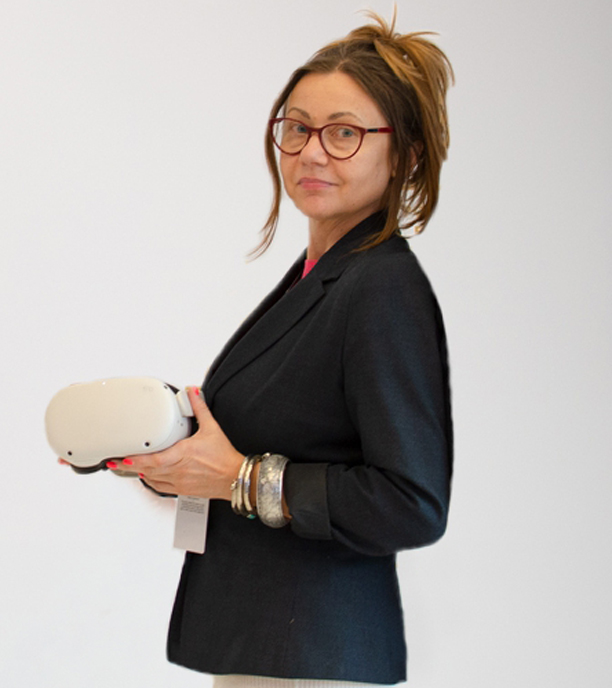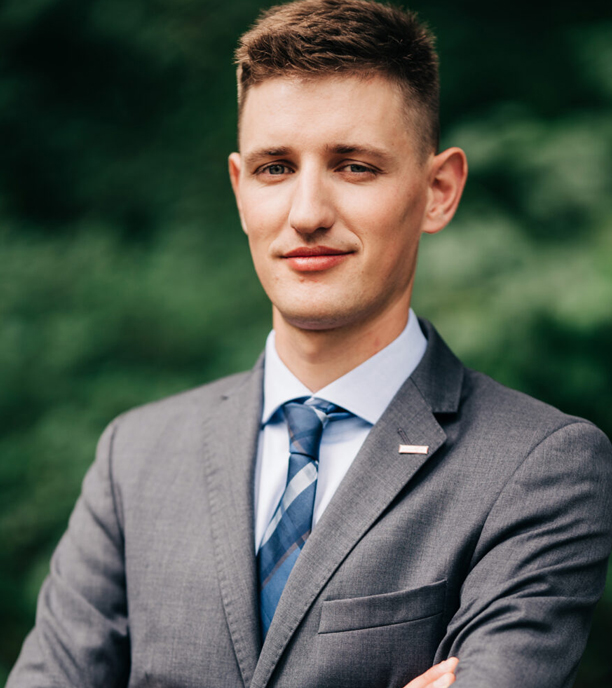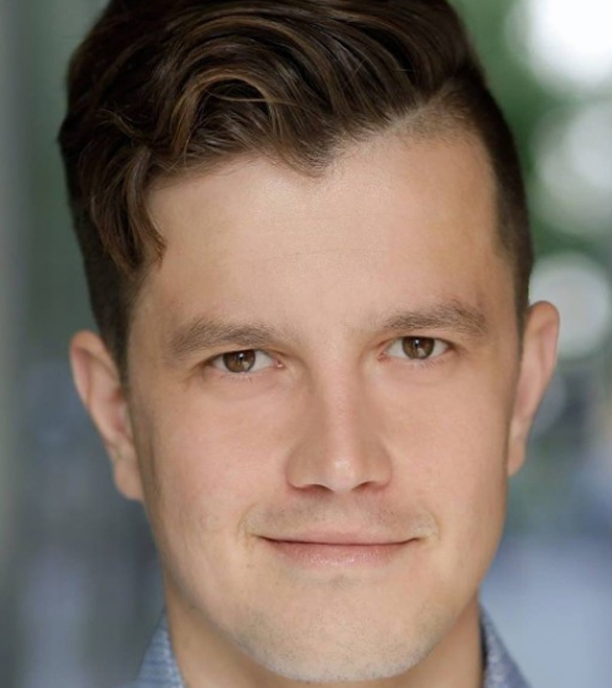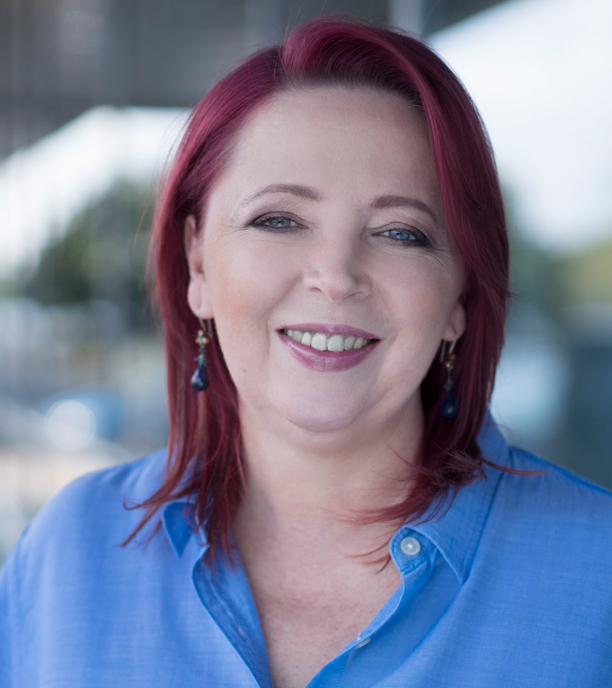New technologies have already established themselves in culture and the arts, and are entering the educational sphere more and more boldly. One of the more fascinating ways of combining these worlds is virtual reality. VR and AR technologies are opening a new chapter in the history of education. They allow students to conduct experiments on their own by a trial-and-error method, and learn about the world from a new virtual perspective. Just by putting on goggles or firing up an AR app, they can be transported to the digital world and, for example, go back in time to learn about world history from a new perspective. VR technology is also being used in medicine. First of all, it allows doctors to be trained without endangering the health and life of the patient.
New developments in museums and cultural institutions using VR and AR are another proof that the world is increasingly embracing virtual reality. The VR headset is no longer just a toy for gamers. From the other side of the world, we can make a visit to a museum, a gallery, a city tour.
Museums are all about education, education through play and through interaction. VR or more broadly XR are great tools for learning and exploring the world. Both the museum and education industries immediately adopted these technologies as very useful. VR allows museums to extend their activities beyond the walls, but also beyond time. This is why VR has particular potential in museum exhibitions. Applications in which we have the opportunity to observe castle rooms, walk around and see exhibitions and historical buildings of the city are already a common trend in this field.
We can confidently say that virtual reality is increasingly used in medicine or education, cultural and art popularization, as well as during marketing activities, such as shopping. After such an expansion of this technology, however, it is becoming an increasingly important channel of communication with a growing audience. What does the use of XR look like in Polish institutions and what needs, opportunities and threats their representatives see. Immersion Festival director Anna Osiadacz will discuss this with her guests.





